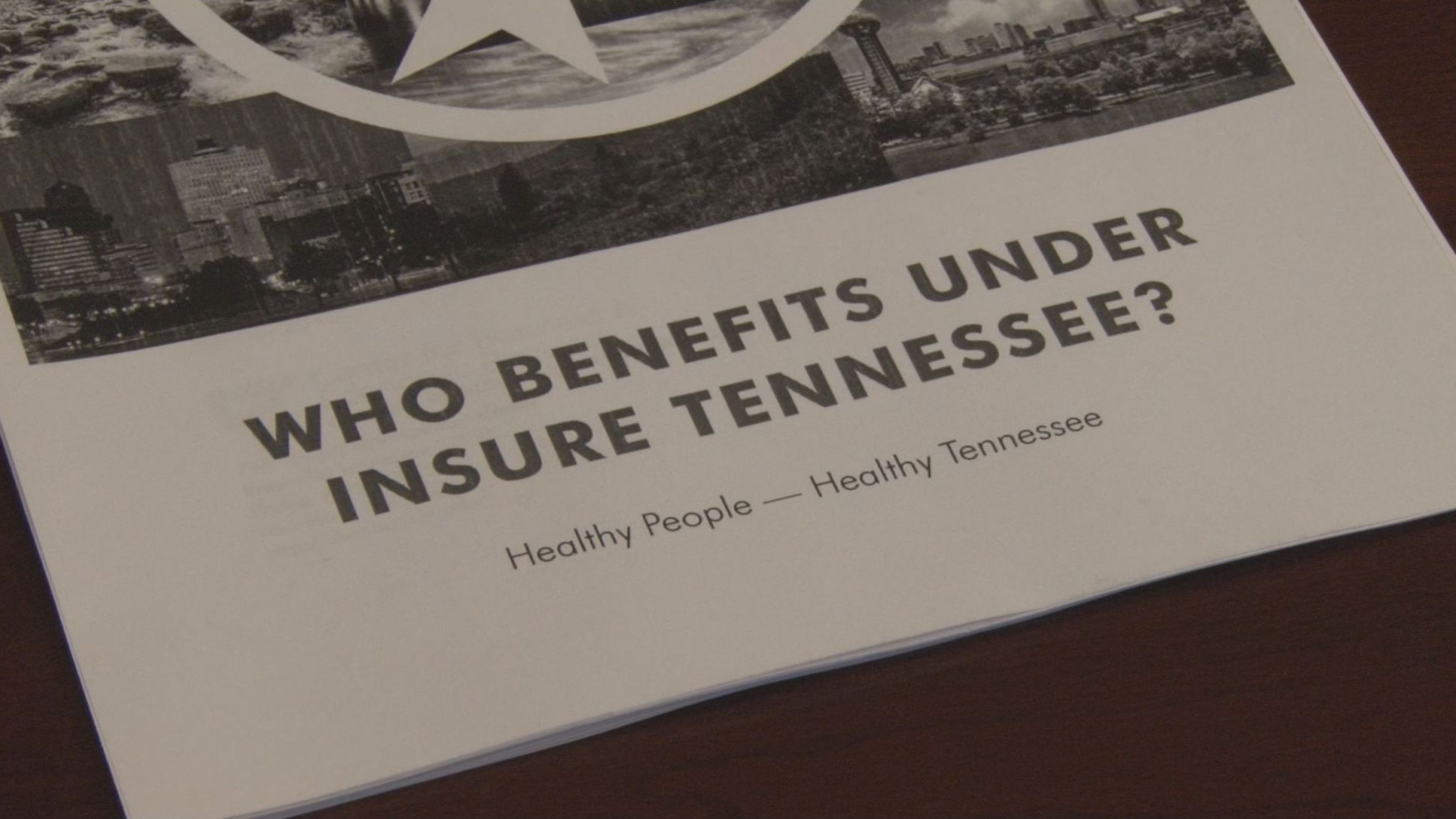
No one can say that we were lax in urging Governor Bill Haslam to find some way to come to terms with the Affordable Care Act (ACA). Tennessee, with its large lower-income population and a financially threatened hospital network, needs to take advantage of the billion or so federal dollars that come annually with Medicaid expansion.
Had the Governor made his peace early on with the ACA (or Obamacare, as Republicans prefer to call it), he might have been able to get his plan across in quick order and relatively uncomplicated fashion. He chose to procrastinate, however, possibly to keep the restive Tea Party component in the Republican-dominated legislature at bay. He proclaimed the existence of something called “The Tennessee Plan,” which, he said, was in the process of creation and which, when complete, would form the basis of a waiver request with the Department of Health and Human Services.
We would later learn that there was — at that time — no such plan, not even much of a skeleton for it. And meanwhile the GOP majority, goaded on by determined ultra-conservative foes of Medicaid expansion (and perhaps even of Medicaid itself) like Germantown state Senator Brian Kelsey, took advantage of the delay to pass legislation that requires approval by both houses of the General Assembly for any state involvement whatsoever with the ACA.
Haslam, it seemed, had put himself — and the state, especially its working poor and its medical providers — in a box from which there was no escape.
Well, who is to say that the age of miracles has passed? The governor, at length, did come up with a plan called “Tennessee Promise,” with a two-track modus operandi that would allow participants either to accept vouchers for use with private insurors or to come within TennCare (Tennessee’s version of Medicaid) with an obligation to make modest co-pays and premium payments. It seemed a genuine compromise between the ideology of the marketplace and governmental intervention to meet an obvious social need.
And Haslam’s plan possesses a “fail-safe” provision that allows for automatic discontinuation of the state’s program in case of default by either the federal government, which promises to provide 90 percent of funding after the first two (fully paid) years or the Tennessee Hospital Association, which has pledged to take care of the remaining 10 percent.
This last provision should have invalidated the oft-expressed doubts by critics of Medicaid expansion in Tennessee that the state would veer into ultimate insolvency by committing itself to the federal funding, but it hasn’t. The critics have merely shifted ground a bit, crying rhetorical crocodile tears and claiming that either the feds or the Hospital Association or both will weasel out in two years’ time and leave the impoverished masses once again without coverage.
To call this claim “disingenuous” is to give it too much credit. The population on which this bogus concern is lavished is without coverage now. Even in the critics’ implausible scenario, something now is far better than nothing, ever.
All sophistries aside, Haslam’s plan is entitled to full and bipartisan support in the February 2nd special session. We urge its passage, the sooner the better.